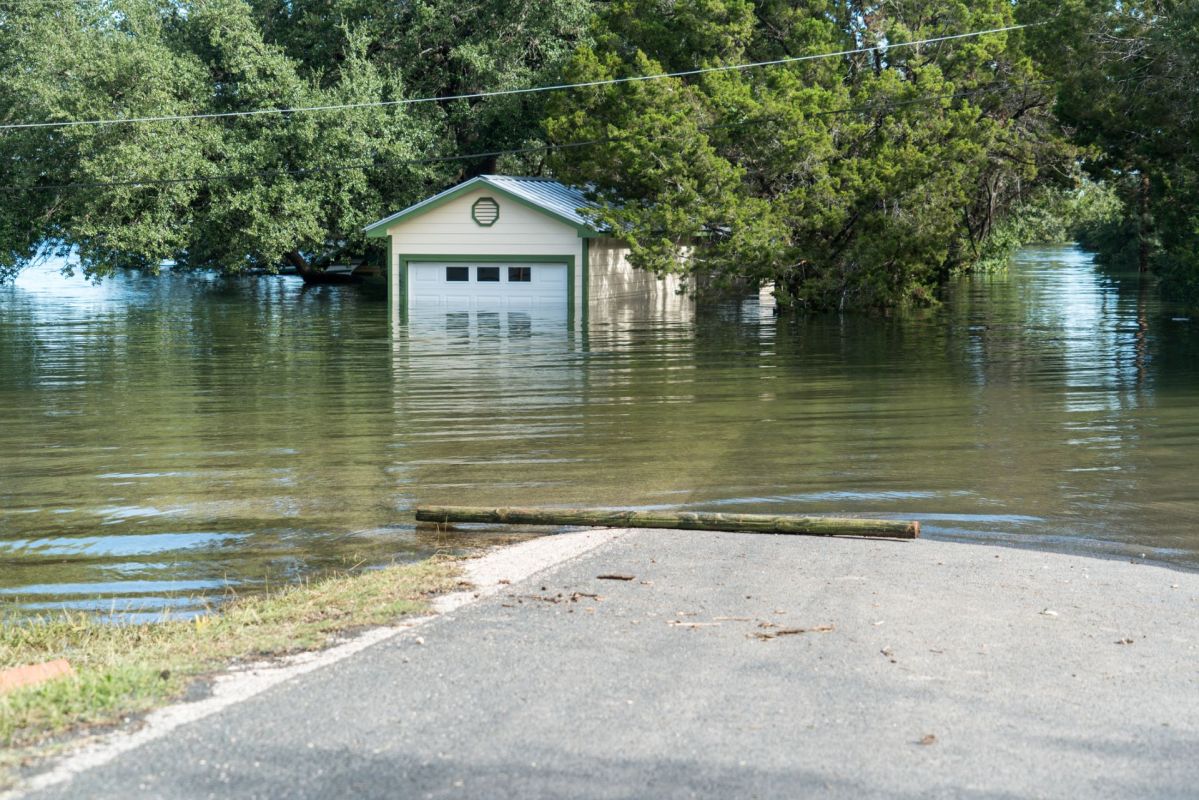Flooding events can be catastrophic when in progress, but when it comes to the environment, the aftermath is also a huge problem.
However, research from the University of Canterbury in Christchurch, New Zealand, and the Institute of Environmental Science and Research (ESR) has found a solution to improve soil quality after floods.
One of the main problems soil faces following flooding events is the presence of pine slash, a waste product from commercial forestry. When this is washed away and mixed with soil, the chemicals it contains can prevent the future growth of plants.
But new research shows that chipping pine slash and mixing it with a kind of fertilizer known as urea is an effective way to encourage plant growth, particularly when dealing with silt-covered soils.
The study saw oats planted in the different soil samples featuring a mixture of natural materials to see which produced the best results.
According to master's student Mingyuan (Kathy) Liu, oats are particularly helpful when stabilizing a soil structure, and the growth results in the sample using the pine slash mixture were encouraging.
"We could immediately see the difference in the crops grown in pine sawdust mixed into the soil," Liu said in a news release republished by Phys.org.
A tweet showed a picture of samples grown in silty soil with different additions.
"Pine slash – a major problem after recent flooding events – could be chipped and used to rehabilitate soil, new research from the University of Canterbury and ESR suggests." Oat growth trials:https://t.co/tX4n9Ozr6O pic.twitter.com/ECuKFxqTVN
— Wrath Of Gnon (@wrathofgnon) July 24, 2023
University of Canterbury science professor Brett Robinson hailed the findings and noted that although pine slash has substances that inhibit plant growth, it was effective as an addition in the tests at affecting the structure of sediment or silt.
"Essentially, it acts like a sponge and breaks down to humus which is beneficial to the soil," Robinson said.
The next step is field testing, and if the chipped pine yields similar results, it could have a transformative effect on growth after flooding.
With NASA discovering that global temperatures have risen by 1.9 degrees Fahrenheit since 1880, flooding events could happen more regularly worldwide.
Brian Soden, a professor of atmospheric sciences at the University of Miami, told the AP, "When a thunderstorm develops, water vapor gets condensed into rain droplets and falls back down to the surface. So as these storms form in warmer environments that have more moisture in them, the rainfall increases."
But the solution to utilize pine slash waste could encourage quicker growth and recovery for crops and vegetation on a global scale following floods.
Join our free newsletter for cool news and cool tips that make it easy to help yourself while helping the planet.









